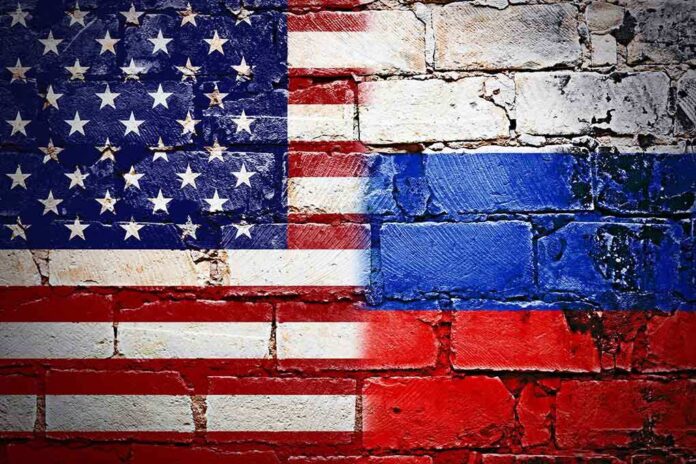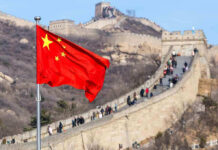
At a Glance
- The US has imposed new sanctions on RT and other Russian news outlets.
- Russian Foreign Ministry spokeswoman Maria Zakharova claims these sanctions are a declaration of war on free speech.
- US Secretary of State Antony Blinken accused RT of covert influence activities and acting as an arm of Russian intelligence.
- Zakharova vows that Russia will respond harshly to the sanctions.
New Sanctions and Accusations
The US has imposed new sanctions on RT and other Russian news outlets. These measures target RT’s editor-in-chief, Margarita Simonyan, and her deputy, Elizaveta Brodskaia, among others. Two RT employees were also indicted by the US for allegedly attempting to sway the 2024 US presidential election. According to US Secretary of State Antony Blinken, RT is engaging in covert influence activities and acts as a de facto arm of Russian intelligence.
Russian Foreign Ministry spokeswoman Maria Zakharova has characterized these latest sanctions as an attack on free speech. She describes the U.S.’s actions as unparalleled in their repressive nature and warns that Russia will respond forcefully. Zakharova explicitly dismissed the accusations of covert influence, asserting they are just a means to control global information and suppress alternative viewpoints.
Moscow says that the US crackdown on Russian media amounts to a declaration of war on free speech and vows a response to the new sanctions against RThttps://t.co/MFReCeIXt3 pic.twitter.com/VrVPNNdOkk
— RT (@RT_com) September 15, 2024
Response from Russia
Zakharova labeled the sanctions as “unprecedented repressions” and described them as part of an information campaign ahead of the US presidential elections. She warned that Russia would take retaliatory measures that would make “everyone shudder.” Moscow’s official sentiments portray the sanctions as an unjust witch-hunt aimed at manipulating public opinion. Russia plans to restrict American media outlets in response.
“Yesterday, Russian journalists became victims of the aggression from the United States of America,” Zakharova insisted. “They were subjected to a real terrorist and information attack both as a corporation and as individuals.”
Additionally, Zakharova emphasized the essential role of Russian outlets in presenting facts that challenge the prevailing US narrative of the “Pax Americana.” She accused Western nations of attempting to maintain their geopolitical dominance by monopolizing the information space through these sanctions.
Implications for Global Media
US sanctions designate several Russian state-owned media outlets as “foreign missions” and restrict their operations globally. Included in these sanctions are media companies such as Rossiya Segodnya and its subsidiaries, including RIA Novosti, RT, TV-Novosti, Ruptly, and Sputnik. These outlets now have to register with the US government. Zakharova argued against the legitimacy of the U.S.’s actions, claiming the measures aim to stifle dissenting voices and consolidate US control over global narratives.
In summary, with these latest sanctions and subsequent counter-claims, the global landscape for media freedom and the exchange of information grows increasingly contentious. Each side views the other’s actions as steps towards greater control, leaving the world to ponder the ramifications of this ongoing information war.
Sources:
US has declared war on free speech – Russia
RT prevents global ‘zombification’ – Moscow
Russia warns response to US sanctions on RT will make ‘everyone shudder’
Russia’s RT Network Working Directly With Kremlin To Spread Disinformation, U.S. Says
How Russia’s disinformation campaign seeps into US views
Facebook owner Meta bans Russia state media outlets over ‘foreign interference’
Russia Will Restrict U.S. Media Outlets Over RT Sanctions, Kremlin Says
US media merged with intelligence services long ago – RT editor-in-chief
https://www.rt.com/russia/604034-us-freedom-speech-hypocrisy-rt/












